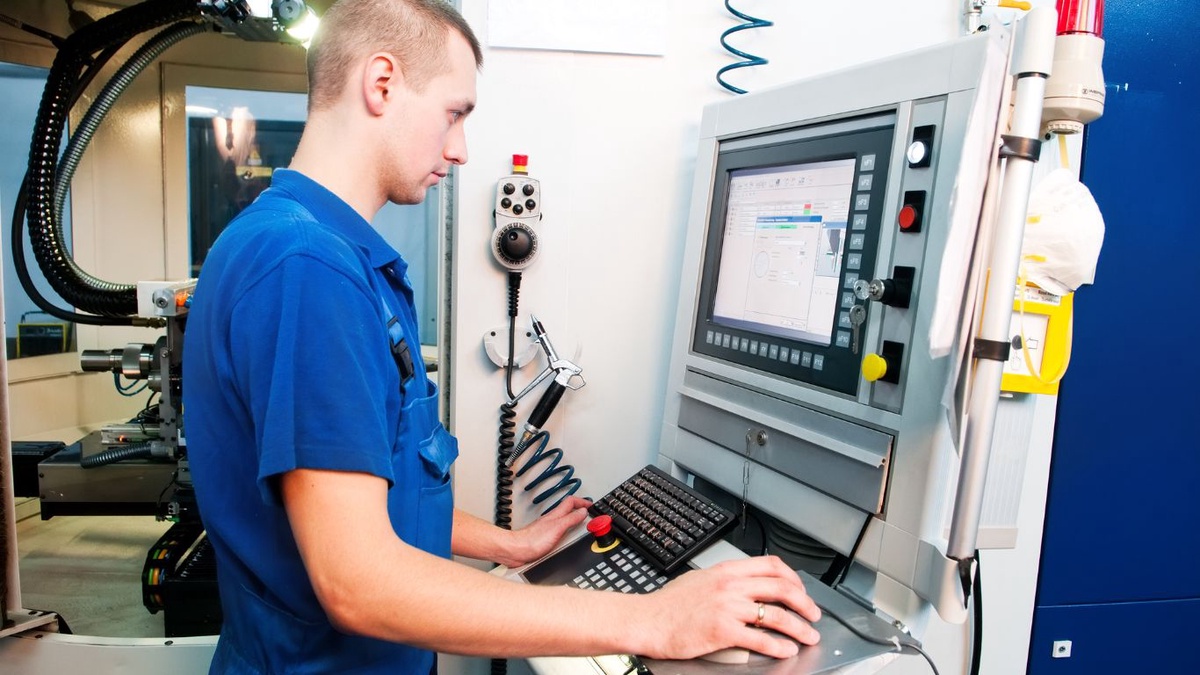Introduction
CNC (Computer Numerical Control) machines play a pivotal role in modern manufacturing, offering precision and efficiency. To ensure these machines perform optimally, mastering CNC maintenance is crucial. This article will explore 15 essential tips to achieve peak performance in CNC machines.
Understanding CNC Machines
Overview of CNC Machines
CNC machines are automated tools that utilize programmed instructions to perform tasks. They are widely used in various industries, from metalworking to woodworking, owing to their precision and versatility.
Components of CNC Machines
Understanding the components of CNC machines, such as the controller, servo motors, and cutting tools, is essential for effective maintenance. Each part contributes to the overall functionality and requires specific attention.
Common Issues in CNC Machines
Identifying common issues, like wear and tear on cutting tools or electrical malfunctions, helps in proactive maintenance. Recognizing these challenges early on prevents costly repairs and downtime.
Importance of Maintenance
Enhancing Machine Longevity
Regular maintenance significantly extends the lifespan of CNC machines. By addressing wear and tear promptly, operators ensure that each component operates within its intended parameters.
Optimizing Performance
Routine maintenance optimizes the performance of CNC machines, allowing them to operate at peak efficiency. Calibration, lubrication, and software updates contribute to consistent and high-quality output.
Reducing Downtime
Unplanned downtime can be detrimental to production schedules. Regular maintenance reduces the risk of unexpected breakdowns, minimizing disruptions in workflow.
15 Essential Tips for CNC Maintenance
Regular Inspection and Cleaning
Performing routine inspections and cleaning ensures that no debris or contaminants compromise the machine's precision.
Lubrication of Moving Parts
Proper lubrication of moving parts reduces friction, minimizing wear and tear and extending the life of critical components.
Calibration of Axes
Regular calibration ensures accurate positioning of the machine's axes, maintaining precision in the manufacturing process.
Software Updates
Keeping the CNC machine's software up to date is crucial for addressing bugs, improving performance, and ensuring compatibility with new technologies.
Tool Inspection and Replacement
Regularly inspecting cutting tools and replacing them when necessary prevents defects in the final product and enhances overall efficiency.
Cooling System Check
Monitoring the cooling system prevents overheating, safeguarding electronic components and extending the lifespan of the machine.
Electrical Component Examination
Regular checks on electrical components identify potential issues before they cause malfunctions or failures.
Emergency Stop Testing
Ensuring the emergency stop function is in proper working order is crucial for the safety of operators and the machine.
Backing Up CNC Programs
Regularly backing up CNC programs protects valuable data, preventing loss in the event of a malfunction or system failure.
Checking for Loose Fasteners
Vibrations during operation can loosen fasteners. Regular checks ensure all components remain securely in place.
Monitoring Vibration Levels
Excessive vibrations can lead to premature wear. Monitoring and addressing vibration issues prevent damage to critical components.
Ensuring Proper Power Supply
A stable power supply is essential for the consistent operation of CNC machines. Implementing safeguards against power fluctuations is vital.
Environmental Considerations
Maintaining a suitable environment for CNC machines, including temperature and humidity control, ensures optimal performance.
Training for Operators
Properly trained operators contribute to effective maintenance. Providing training on basic troubleshooting and routine checks empowers operators to address minor issues before they escalate.
Keeping a Maintenance Log
Maintaining a detailed log of all maintenance activities provides valuable insights into the machine's history, facilitating proactive measures and troubleshooting.
Common Mistakes to Avoid
Neglecting Regular Maintenance
One of the most common mistakes is neglecting regular maintenance. Skipping routine checks can lead to increased wear and the risk of unexpected breakdowns.
Ignoring Warning Signs
Warning signs, such as unusual sounds or vibrations, should never be ignored. Addressing issues promptly prevents further damage.
Improper Handling of Tools
Improper tool handling, including using dull or damaged tools, can compromise the quality of the final product and lead to increased wear on the machine.
Skipping Software Updates
Software updates often contain crucial improvements and bug fixes. Skipping updates can result in decreased performance and compatibility issues.
Benefits of Mastering CNC Maintenance
Increased Productivity
Efficiently maintained CNC machines contribute to increased productivity, ensuring consistent output without disruptions.
Cost Savings
Proactive maintenance reduces the need for costly repairs and replacements, ultimately saving on maintenance expenses.
Improved Machine Efficiency
Machines operating at peak efficiency produce higher-quality products, leading to improved overall efficiency in the manufacturing process.
Conclusion
In conclusion, mastering CNC maintenance is paramount for ensuring the longevity, performance, and efficiency of these precision machines. By implementing the 15 essential tips outlined in this article, operators can safeguard their investment and contribute to a seamless and productive manufacturing process.
Frequently Asked Questions (FAQs)
-
How often should CNC machines undergo maintenance? Regular maintenance should be scheduled at least monthly, with additional checks based on machine usage.
-
Can operators perform maintenance tasks without professional assistance? Yes, operators can handle routine maintenance tasks, but professional assistance is recommended for more complex issues.
-
What are the consequences of neglecting CNC machine maintenance? Neglecting maintenance can lead to increased wear, unplanned downtime, and costly repairs.
-
Is it necessary to follow the manufacturer's maintenance guidelines? Yes, adhering to the manufacturer's guidelines ensures proper care and maintenance practices.


No comments yet